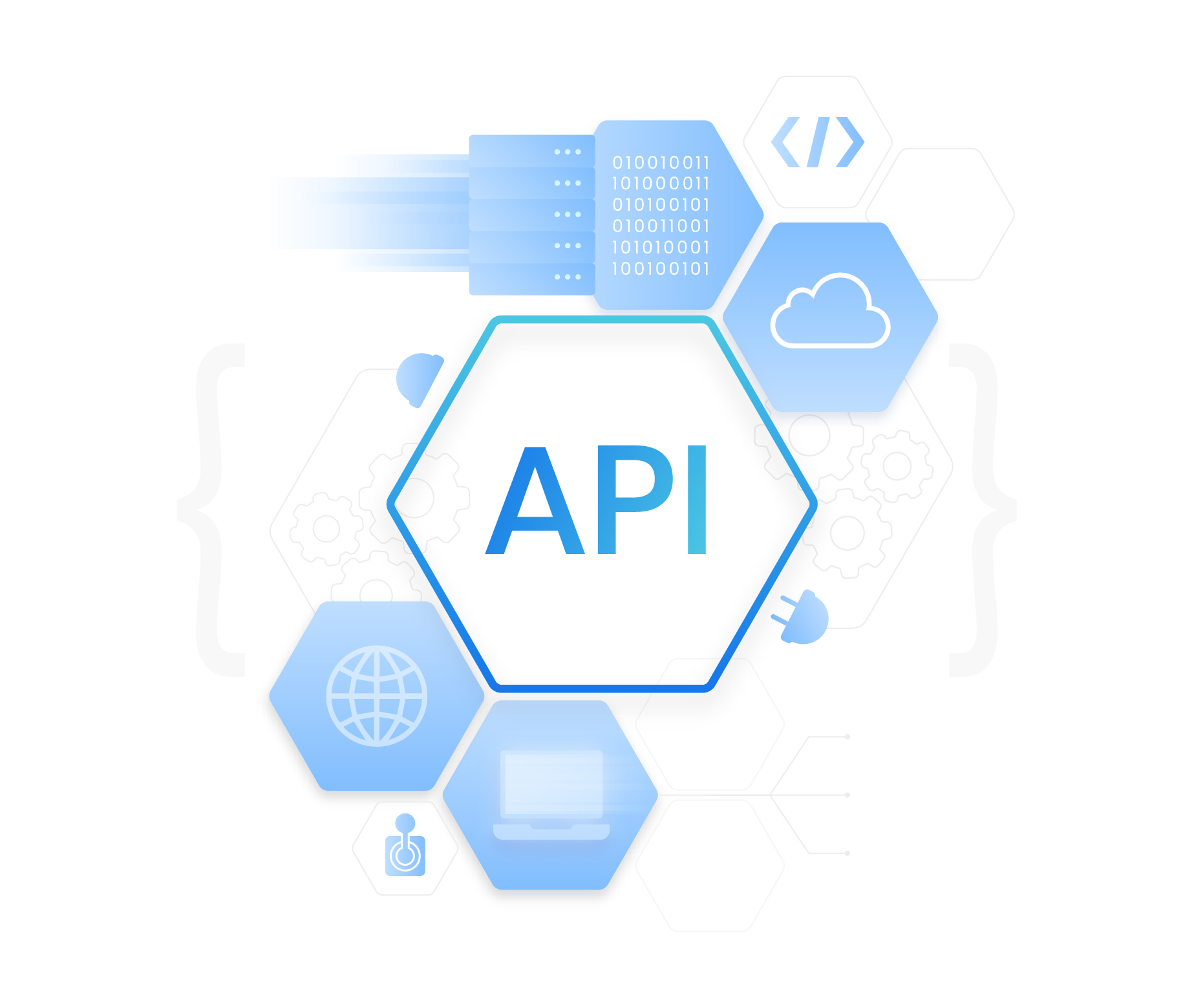Blog
Putting people first: Why mental health is a business priority and a strategic imperative
By NETSOL Technologies, on June 2, 2025
Following the end of Mental Health Awareness Month, NETSOL reaffirms its deep, ongoing commitment to fostering a compassionate and supportive work environment. In today’s fast-paced, high-pressure work environments, mental health is a business priority and a strategic imperative. Companies that lead with empathy see stronger teams, greater resilience and lasting success.

In today’s fast-paced, hyper-connected world, the conversation around mental health has never been more important. As the line between personal and professional lives continues to blur, it’s clear that mental health isn't just a personal issue – it's a business imperative. For companies that want to thrive, prioritizing mental well-being is not a ‘nice-to-have’; it's essential.
As a global technology solutions provider to the financial services industry, we understand that our success hinges not only on innovation and efficiency, but also on the well-being of our most valuable asset – our people. Mental Health Awareness Month served as a timely reminder that fostering a mentally healthy workplace is not just a moral obligation, but a strategic business priority.
As Mental Health Awareness Month has come to a close, we want to emphasize that at NETSOL, we don’t just acknowledge the importance of mental health and well-being every May – we actively champion the cause year-round. By creating a workplace culture that fosters emotional safety, openness and support, we are not only helping our global team members lead healthier lives – we are also building a stronger, more resilient business.
The business case for mental health
The World Health Organization (WHO) estimates that depression and anxiety globally lead to the loss of 12 billion working days each year, costing the global economy around $1 trillion annually, mainly due to decreased productivity.
Further, mental health research from Deloitte has revealed that the cost to employers of poor mental health in the United Kingdom is a whopping £51 billion annually.
The financial services and technology sectors are particularly susceptible to mental health challenges. The fast-paced nature of these industries can contribute to stress, burnout and anxiety among employees. A mentally resilient workforce is better equipped to handle challenges, adapt to change and contribute to innovation.
At NETSOL, we've always known that when our people feel valued, supported and psychologically safe, they perform at their highest level. For too long, mental health has been siloed as a personal or HR concern. Today, progressive organizations are realizing that mental well-being is directly tied to business success. Here’s why:
Productivity and performance
Employees with good mental health are more focused, engaged and productive. In contrast, mental health issues can lead to absenteeism, ‘presenteeism’ (being at work but not fully functioning) and higher error rates.
Talent retention
In a competitive talent landscape, particularly within fintech and IT, retaining top talent is a priority. Employees are increasingly seeking employers that support well-being and offer a culture of openness and support. A company that values mental health builds loyalty and reduces turnover.
Innovation and Creativity
Tech-driven industries thrive on innovation – but creativity doesn’t flourish in environments plagued by stress and burnout. A mentally healthy workforce is more likely to take creative risks, collaborate effectively and problem-solve in ways that push the business forward.
Building resilient teams
Mental health support builds psychological resilience. Employees who feel supported bounce back from setbacks faster and collaborate more effectively. Mentally healthy resources bring their full selves to work and contribute more meaningfully to team goals.
Beyond productivity: Building a workplace that truly cares
Mental Health Awareness Month was a powerful reminder that behind every job title is a human being with a full life – one that includes struggles, stressors and emotional ups and downs that don’t clock out at the end of the workday. The National Institute of Mental Health Disorders estimates that approximately 26% of adults in the United States, or about one in four individuals aged 18 and older, experience a diagnosable mental disorder in any given year.
For businesses, the conversation around mental health shouldn’t be just about productivity or performance. Yes, mentally healthy employees often perform better, collaborate more effectively and bring greater creativity to their work. But the deeper truth is this: supporting mental health at work is about valuing people – not just for what they do, but for who they are.
Employees aren’t just team members; they are parents, caregivers and individuals facing challenges that may never show up in a meeting or on a spreadsheet. When companies take a genuine interest in the mental well-being of their people, they send a clear message: ‘You matter here – not just your output, but your whole self’. That kind of empathy builds trust, loyalty and a culture where people feel safe to be honest, ask for help and bring their full selves to work without fear or stigma.
Creating space for mental health isn’t just a business decision – it’s a human one. Whether it’s offering flexible work arrangements, access to counseling, open dialogue or simply encouraging a culture of compassion, every step a company takes towards mental wellness tells employees that they are not alone — that the care they receive from their organization comes not out of obligation, but from genuine compassion. This kind of meaningful support has the power not only to transform workplaces, but to positively impact lives far beyond the office.
Dr. Sarah Hughes, CEO of Mind, who has been in the field of mental health and social justice for over three and a half decades stated: “Work is important. It affects every area of our lives – and that includes
our ability to participate in our families, perhaps to be a supportive parent and enjoy spending time with our loved ones.”
“We know it’s critical for businesses to consider ways to better support working parents - considering flexibility, providing additional support and creating a culture where talking about life’s challenges is acceptable. This research finds a link between the mental well-being of young people and their parents – when one suffers, the other does too.”
The mind-body connection
Mental and emotional health are deeply interconnected with physical well-being, and when employees struggle emotionally, their bodies often feel the impact too. Chronic stress, anxiety and depression can lead to a range of physical symptoms, including headaches, fatigue, muscle tension, digestive issues and even a weakened immune system. Over time, the body’s constant stress response can increase the risk of more serious conditions such as heart disease, high blood pressure and diabetes. These health issues not only diminish quality of life, but also contribute to increased absenteeism and long-term health-related work disruptions.
Individuals with severe mental illness are more likely to develop conditions like cardiovascular disease, respiratory disease and hypertension. Specifically, research shows that people with mental health problems are more likely to have preventable physical health conditions like heart disease as mentioned above.
In a study conducted by Mind Share Partners, 76% of employees reported experiencing at least one symptom of a mental health condition in the past year. When mental health conditions and emotional distress goes unaddressed, it can also affect sleep quality, appetite, energy levels and even how people perceive pain – all of which can make daily functioning more difficult.
Employees may find themselves calling in sick more often, struggling to concentrate or pushing through discomfort just to meet expectations. Supporting mental and emotional health, therefore, isn’t just about preventing burnout or improving mood; it’s a vital part of protecting the whole person. By promoting a workplace culture that values emotional wellness, organizations not only help their teams thrive mentally, but also support their physical resilience and long-term health.
Creating a culture of openness
Talking about mental health at work isn’t always easy, but it’s necessary. That’s why NETSOL is actively working to remove the stigma. From leadership messages to team discussions, we make it clear: it's okay to not be okay.
We encourage regularly sharing stories from within the company – team members who’ve navigated personal challenges, sought help and come through stronger. These narratives remind us all that vulnerability is not weakness – it’s courage. When employees see their peers and leaders opening up, it gives them permission to do the same. That’s how we build trust.
At NETSOL, we don’t see mental health as a standalone issue – it’s part of how we operate, lead and grow. Every department, every team and every manager across our support and delivery centers in
North America, Europe and Asia-Pacific, play a role in promoting well-being. Whether it’s checking in with a colleague, encouraging someone to take time off or creating space for honest conversations, we all contribute to a healthier workplace.
Looking ahead
At NETSOL, we’re proud to be creating a workplace where compassion, care and connection are as important as performance and results. Because when our people thrive, our business thrives too. During Mental Health Awareness Month, and every month, we reaffirm our commitment to mental health as a core business priority. We encourage all companies to do the same.
We’re proud of the progress we’ve made, but we know there’s always more to do. As we look to the future, NETSOL is committed to deepening our efforts in mental health support.
Let’s continue breaking the stigma, supporting one another and prioritizing mental health every day.
Related blogs

Blog
Future-proofing financial operations: Why API integration is key to scaling vendor partnerships

Blog
The future of wholesale finance: Why mobile technology is transforming OEM-dealer relationships

Blog



